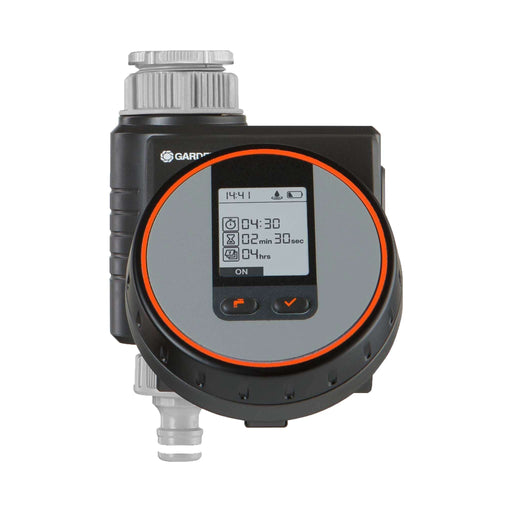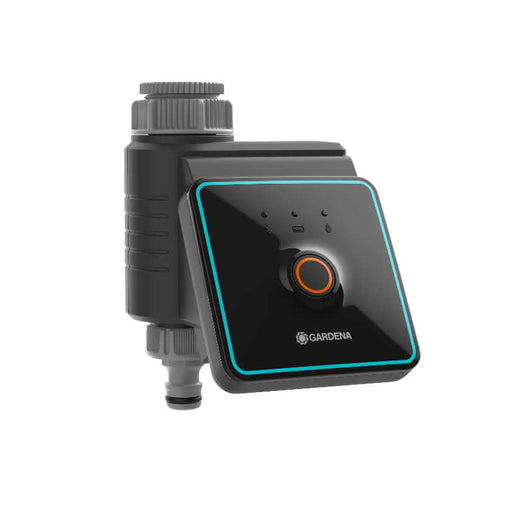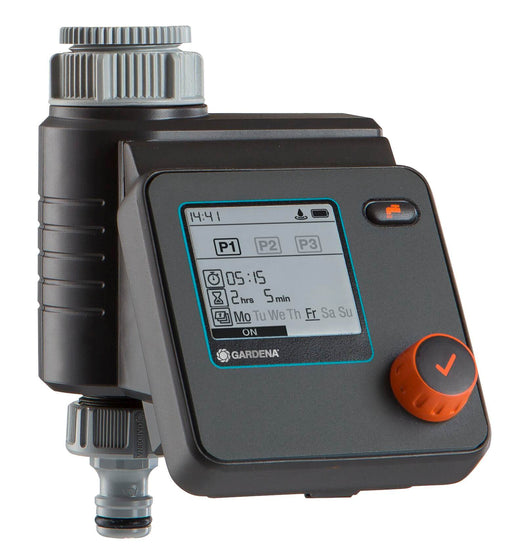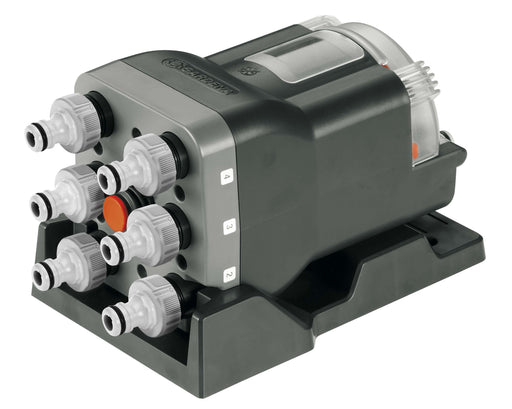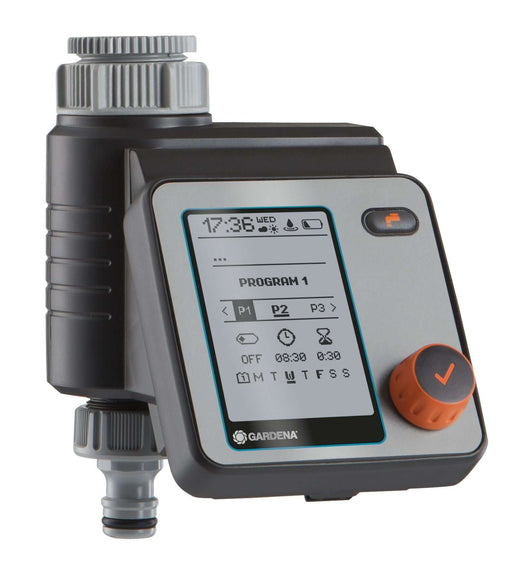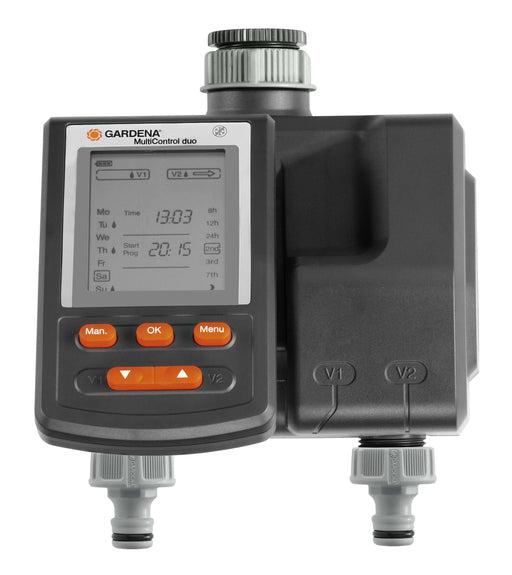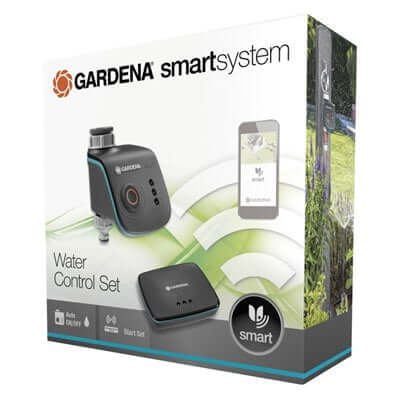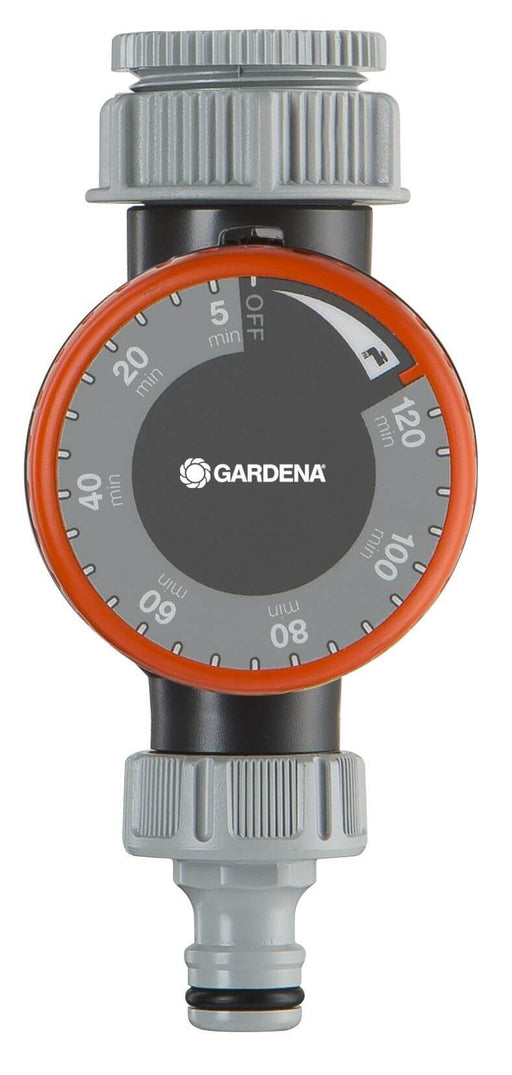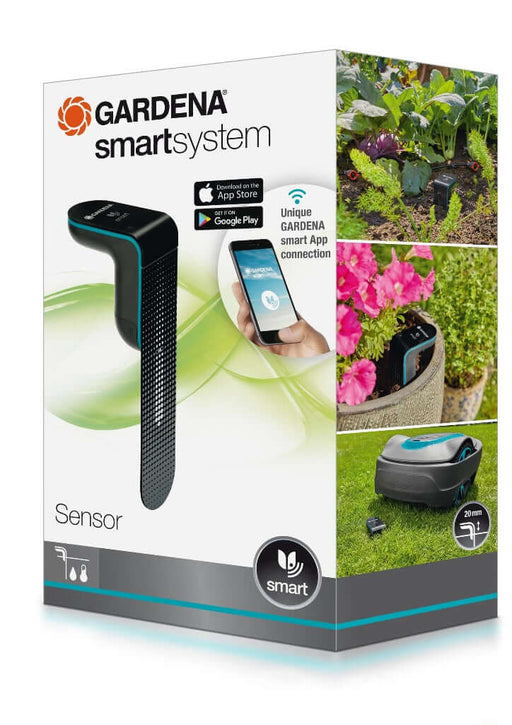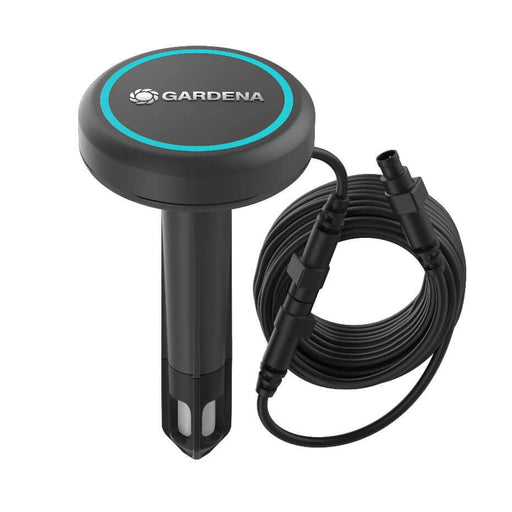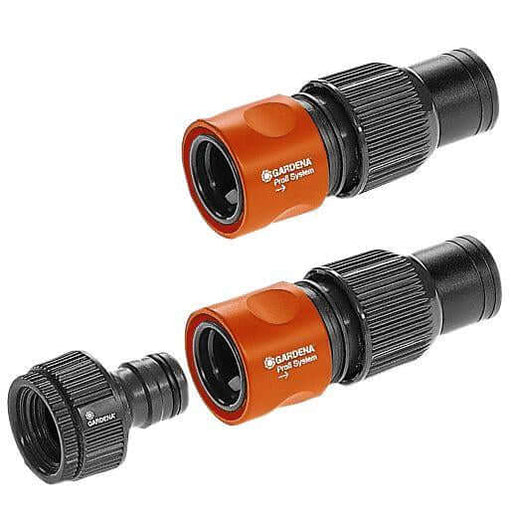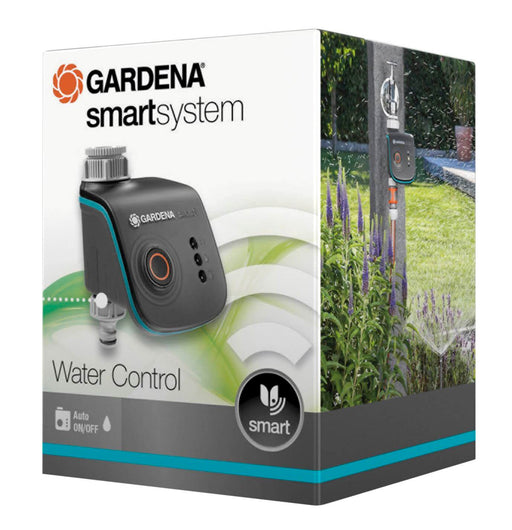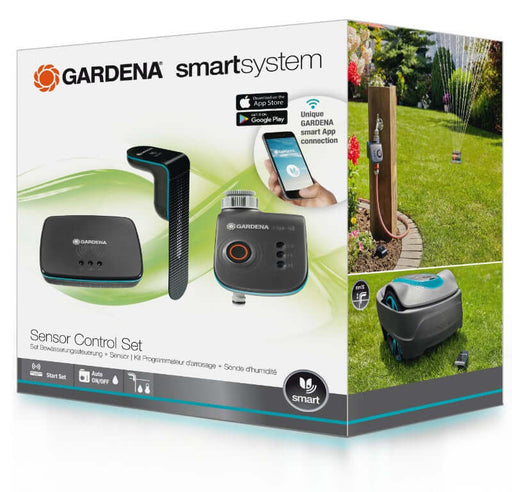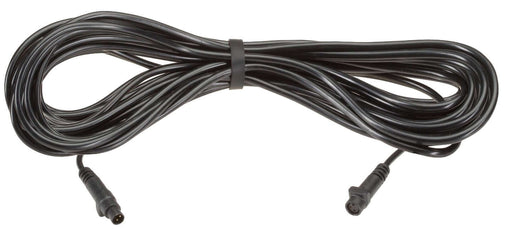1. What is a water timer?
A water timer is a device used in gardening and irrigation systems to automate the process of watering plants. It controls the flow of water from a hose or irrigation system based on a predetermined schedule.
2. How does a water timer work?
A water timer connects to a water source, such as a hose faucet or irrigation system. You can set the timer to turn on and off at specific times, intervals, or durations. When the timer activates, water flows through the hose or irrigation system to water your plants.
3. What are the benefits of using a water timer?
Using a water timer offers several benefits, including:
- Consistency: Ensures your plants receive regular and consistent watering, even when you're not around.
- Water Efficiency: Prevents overwatering by delivering the right amount of water at the right time.
- Convenience: Saves you time and effort compared to manual watering.
- Optimal Plant Growth: Provides plants with consistent moisture levels for healthier growth.
4. Are there different types of water timers?
Yes, there are several types of water timers:
- Mechanical Timers: Operate using a mechanical clockwork mechanism.
- Digital Timers: Feature electronic controls and LCD displays for more precise programming.
- Smart Timers: Connect to Wi-Fi and can be controlled remotely through smartphone apps. They often have advanced scheduling and weather-based features.
5. Can I use a water timer with a drip irrigation system?
Yes, water timers are commonly used with drip irrigation systems. They help deliver precise amounts of water directly to the plants' root zones, ensuring efficient watering.
6. Are water timers easy to install?
Yes, most water timers are designed for easy installation. They usually connect to a standard hose faucet or threaded tap connector. Some may require additional accessories for certain setups.
7. Can I adjust the watering schedule?
Yes, water timers allow you to customize the watering schedule according to your plants' needs. You can set specific days, times, and watering durations.
8. Do water timers have rain sensors?
Some advanced water timers come with built-in rain sensors or weather forecasting capabilities. These features prevent unnecessary watering during rainy periods, helping conserve water.
9. Can water timers conserve water?
Yes, water timers can help conserve water by preventing overwatering. You can set precise watering durations and intervals, reducing water wastage.
10. Are water timers suitable for all types of plants?
Yes, water timers can be used for various types of plants, including lawns, flower beds, potted plants, and vegetable gardens. However, it's essential to adjust the watering schedule based on the specific water requirements of each plant.
11. Can I use a water timer with a soaker hose or sprinkler system?
Absolutely, water timers can be used with both soaker hoses and sprinkler systems. They help automate the irrigation process and ensure that your plants receive adequate moisture.
12. Do water timers require batteries or power sources?
Mechanical water timers usually don't require batteries or power sources. However, digital and smart timers often require batteries or electrical power for their advanced features.
13. Are there any maintenance requirements for water timers?
Routine maintenance involves checking for clogs or debris in the water inlet, cleaning the screen filter if applicable, and ensuring the timer's batteries are functional (if it's battery-powered).
14. Can I use a water timer for indoor plants?
Yes, you can use a water timer for indoor plants by connecting it to a water source and a drip system or soaker hose. However, ensure that excess water is properly drained to avoid overwatering.
15. How do I choose the right water timer for my needs?
Consider factors such as your garden size, the number of plants, the type of watering system you have, and whether you prefer basic or advanced features. Mechanical timers are simple and budget-friendly, while digital and smart timers offer more customization options.

